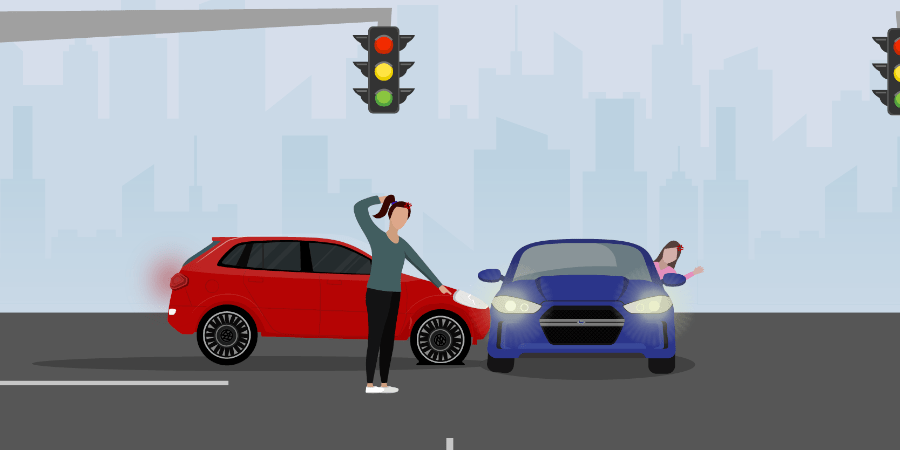
Over a lifetime as a driver, a motorist will make thousands of left turns, most of which are routine and uneventful. It may be surprising that of all the daily actions a motorist takes, an ill-timed left turn can be a seemingly inconspicuous cause of a motor vehicle accident.
There are a number of factors that contribute to the dangers of left turns, including a sense of urgency created by light timings and oncoming traffic, crossing multiple lanes of traffic, opposing right turns delaying a completed turn, and crossing pedestrians.
These factors can create a dangerous driving environment that can contribute to a collision. As with any collision, there are countless factors that could determine what driver is at fault. It is a common misconception that left turning motorists are automatically liable for accidents, which is not true. As with all motor vehicle accidents, contextualizing accidents matters, and it is essential to consider all of the factors in determining who is responsible for an accident.
Are left turning vehicles always at fault in a car accident?
Left turning vehicles aren’t automatically at fault for car accidents. Due to the fact that left turning vehicle are generally in a position to yield right of way, they are often the cause of an accident and are therefore at fault and liable for the damages associated with a collision.
However, they do not necessarily bear liability because they are turning left. A person would be at fault in a left turn accident if they were negligent based on the caselaw and statutes of the jurisdiction that the accident occurred in.
For example, under Nova Scotia’s injury law, proving fault in car accidents falls under the principles of negligence. Negligence refers to the failure of a person to exercise reasonable care, resulting in harm or injury to another person. In order to prove negligence, four things must be proven:
- A duty of care is owed: A duty of care is a legal obligation to act reasonably and avoid harming others through your acts or omissions. A duty of care is owed between all motorists on the road. There is an expectation that all drivers will be held to the same standard in keeping themselves and others safe on the roads.
- A breach of standard of care occurred: The standard of care can be determined by looking at Nova Scotia traffic rules, as well as what might be expected by a reasonable person. The standard is breached when someone fails to comply with the traffic rules or does not take “reasonable care” driving in the circumstances. An example of failing to meet the standard of care is driving through a stop sign without stopping first.
- Causation: Causation requires that the actions (or inactions) of the at fault party led to the injuries suffered by the other party.
- Damages: Damages, or losses, financial or otherwise, must have resulted. Without damages, there is no personal injury claim. Damages may include loss of income, medical care costs, and general pain and suffering.
What are some instances that a driver turning left may not be at fault for an accident?
There are several scenarios in which a left turning vehicle may not at fault or only partially at fault for a motor vehicle accident. Some scenarios are:
- An oncoming motorist fails to adhere to road signs.
- A mechanical failure of a vehicle making left turn.
- Impaired driving on the part of the oncoming vehicle.
- Reckless driving on the part of the oncoming vehicle.
If you’ve been in a motor vehicle accident, MacGillivray Injury Law recommends that you book a free consultation to discuss your claim.
MacGillivray Law is a personal injury law firm with offices in Nova Scotia, New Brunswick, and Newfoundland and Labrador. We serve clients all across Canada.
If you cannot travel to one of our offices, we will accommodate your circumstances and travel needs. We can provide a consultation by phone, Zoom, or FaceTime, or travel to meet you in your home when required.
If you would like to learn your legal options at no obligation, contact us today to set up a free consultation.
Request a
Free Consultation
If you would like to learn your legal options at no obligation, contact us today to set up a free consultation.
